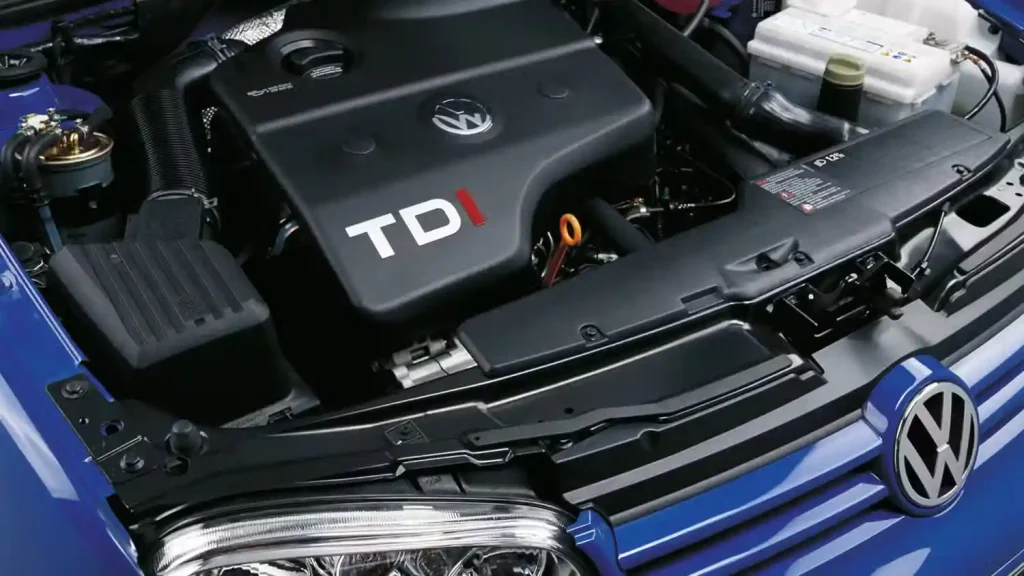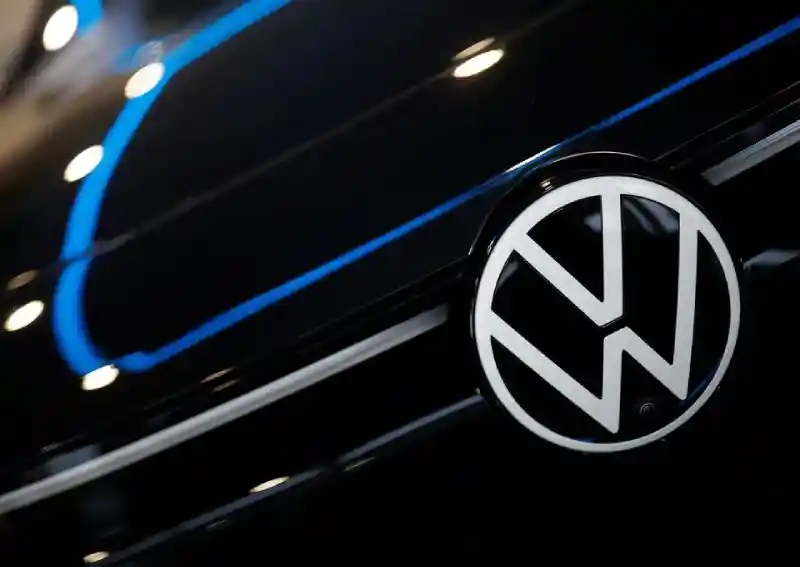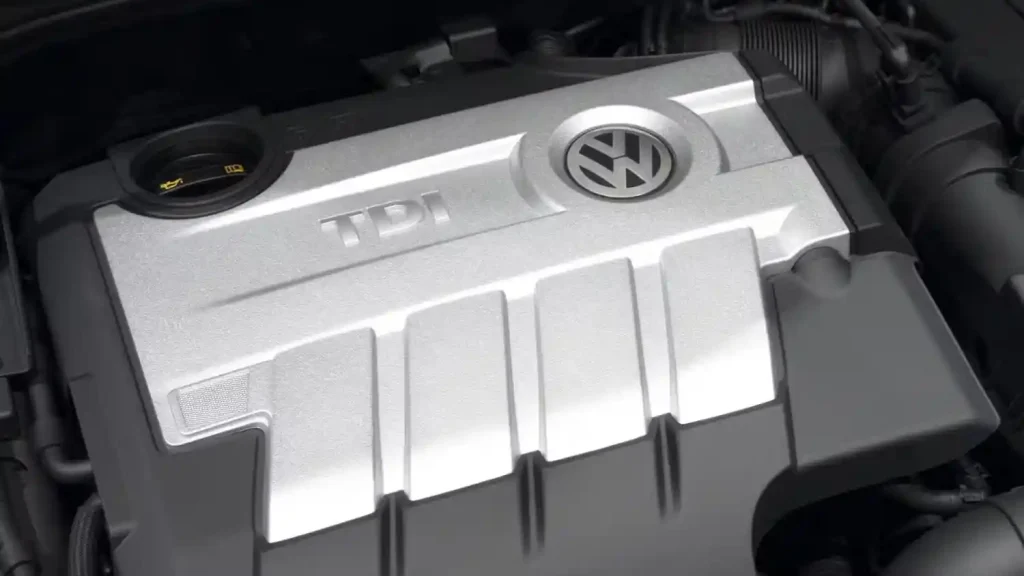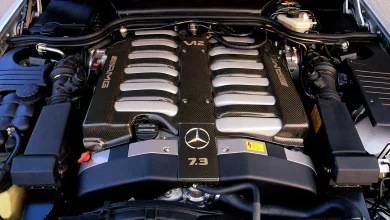Volkswagen Ongoing Crisis Shows No Signs of Ending
Almost a decade after the Dieselgate scandal first came to light, a German court has found four former Volkswagen executives guilty for their involvement in the emissions cheating case.
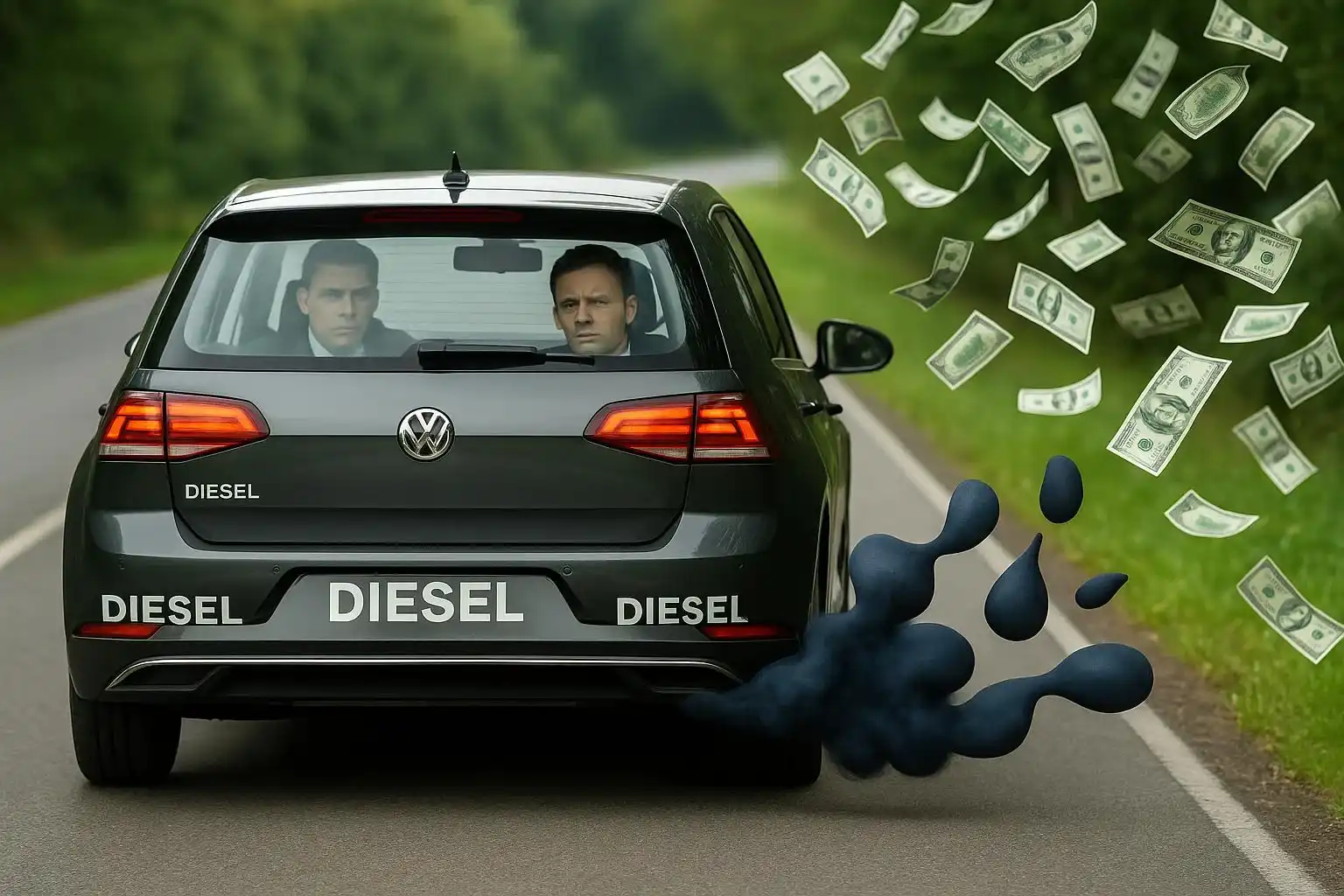
On Tuesday, May 27, 2025, after a lengthy four-year trial, the court issued its verdicts, handing down substantial prison sentences to several defendants. Jens Hadler, who oversaw diesel engine development at Volkswagen between 2007 and 2011, was sentenced to four and a half years behind bars. Hanno Jelden, a former senior engineer and head of drive electronics, received a prison term of two years and seven months for aggravated fraud related to the sale of nearly three million vehicles affected by the scandal. All those convicted had originally pleaded not guilty, seeking acquittal.
Details of the Deception and Court Ruling
The court determined that the executives were responsible for orchestrating a scheme involving so-called defeat devices—software installed in vehicles to manipulate emissions tests. These devices enabled the cars to pass laboratory emissions standards while actually releasing much higher levels of harmful nitrogen oxides during everyday driving. Judge Christian Schütz emphasized that certification authorities “were not informed that emissions were significantly higher during real-world driving,” adding, “It is crystal clear that this violated the law.”
Two additional former Volkswagen employees were handed suspended sentences. Heinz-Jakob Neusser, who previously led engine development, received a suspended sentence of one year and three months. The judge highlighted evidence indicating that Neusser became aware of the emissions cheating in 2013 but failed to take action, resulting in nearly $30.7 million in damages. Meanwhile, Thorsten D., a lower-ranking manager, was given a suspended sentence of one year and ten months, reportedly due to his early cooperation with U.S. authorities. The judge noted that all sentences were reduced because of the lengthy duration of the trial. Judge Schütz also stressed that although many VW employees were involved, the convicted individuals held key leadership positions and “committed crimes over many years.”
The Lingering Impact of Dieselgate
Since breaking in September 2015, when the U.S. Environmental Protection Agency revealed the emissions cheating, the Dieselgate scandal has had far-reaching and lasting effects. Volkswagen has faced more than $33 billion in costs related to fines, compensation to vehicle owners, and legal settlements around the globe. In 2018, the company resolved a criminal investigation with German prosecutors by paying a €1 billion fine. The scandal also prompted the resignation of then-CEO Martin Winterkorn, whose own trial connected to the case has faced multiple delays due to health concerns.
Although these convictions represent the Braunschweig court’s first verdicts against senior executives from Volkswagen’s core brand, the legal battle is far from over. Thirty-one other individuals remain indicted in Braunschweig, with the next trial set to begin in November. In the United States, two VW managers have already served prison sentences, and former Audi CEO Rupert Stadler received a suspended sentence and a hefty fine in Germany—though that ruling is currently under appeal. Both Neusser and Hadler also face charges in the U.S. but, as German citizens, are shielded from extradition.
Broader Industry Ramifications
The repercussions of Volkswagen’s deception reached far beyond the company, triggering heightened scrutiny of diesel emissions throughout the entire automotive sector. Suppliers like Bosch, responsible for providing software components, were slapped with fines totaling hundreds of millions. Other automakers, including Fiat Chrysler (now Stellantis), also faced significant penalties for their own diesel emissions violations. Nearly a decade later, the Dieselgate convictions remain a powerful reminder of one of the biggest corporate scandals in automotive history—and of the ongoing commitment to holding individuals accountable.





